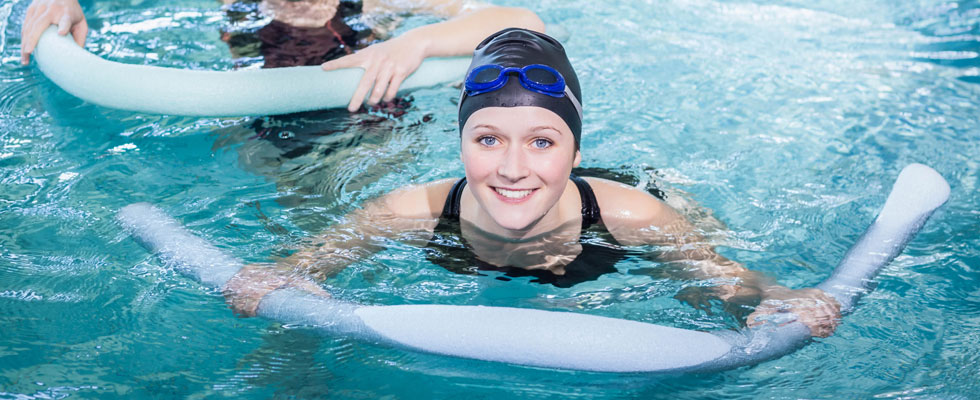There is good evidence that exercise can help slow and even reverse the loss of function caused by FSHD. Exercise is also essential for your overall fitness and health. While exercise probably does not reverse the disease process itself, it helps strengthen muscles that are still healthy. A physical or occupational therapist can guide you in figuring out targeted exercises, stretches, etc. to support the healthy muscles and develop ways of moving and carrying out daily functions that avoid causing muscle strain and pain. There is no one-size-fits-all solution, however. It takes research, persistence, and creativity to find a regimen that works for you and your body.
Resources
- Physical Therapy and Exercise for FSHD (pdf) was written by leading experts to help you and your physical therapist work as a team.
- Feeling Fit with FSHD Zooms meet twice a month on the 2nd and 4th Thursdays at noon. Register to get the link.
- Frank Hanley's Tai Chi resource page.
Scroll down to browse our videos and articles on Physical Therapy and Exercise.

Physical therapy and exercise blog posts
Rebounding exercises
by June Kinoshita, FSHD Society At a recent Feeling Fit Zoom gathering, Cheryl Clulow, who had logged in from her home in Cape Town, South Africa, mentioned that she has… Read More »
Why I exercise
To keep myself fit, ready, and aware of changes in my body by Frank Hanley, Bolivia, North Carolina This is an exciting time for us. The research, clinical trials, and… Read More »
Working out with a personal trainer
The Feeling Fit Zoom community hosts twice-monthly Zoom sessions about exercises tailored to the needs of individuals with FSHD. The group hosted recent discussions about the role of personal trainers… Read More »
Nerve mobility and pain
Our May Feeling Fit Zoom group featured Arielle Levy, a physical therapist from Re+Active Physical Therapy founded by Julie Hershberg (a legend in the FSHD community). Following the introductory information… Read More »
Understanding your FSHD
To be able to take charge, you need to listen to your body by Lonwabo Nene, South Africa “I don’t know, but my right arm feels loose. In fact, my… Read More »
Shaking Qigong to relax your body
Here’s something to help you relax after the stress of the holidays. Our December 2023 meeting of the Feeling Fit group featured Qigong instruction by member Trish Kean. You… Read More »




